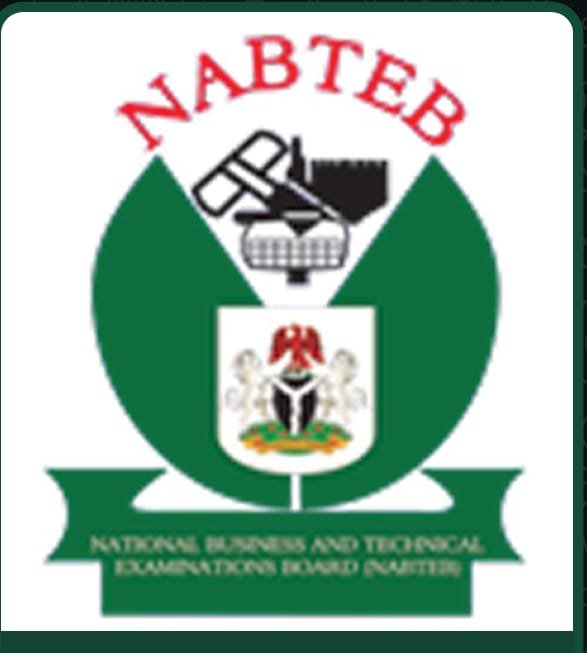
By Uriel Ihotu
In a landmark move to strengthen skills development across Nigeria, the Sub-Saharan Africa Skills and Apprenticeship Stakeholders Network (SASASNET), in collaboration with the National Board for Technical Education (NBTE), has launched a five-day Train-the-Trainer Workshop on Recognition of Prior Learning (RPL).
Funded by the Tertiary Education Trust Fund (TETFund), the national training program is taking place in Abuja from April 14–18, 2025, at the Chelsca Hotel. The workshop has drawn 31 participants, including policymakers, trainers, and quality assurance managers from across Nigeria. Attendees represent a wide array of stakeholders, including federal ministries, departments and agencies (MDAs), professional bodies, technical universities, polytechnics, and both public and private Technical and Vocational Education and Training (TVET) providers.
The training aims to equip participants with practical methodologies for assessing and certifying individuals based on their prior learning and informal sector experience ensuring full alignment with the National Qualifications Framework (NQF).
Hon. Ousman Sillah, Secretary General of SASASNET, is participating as Rapporteur General and one of the facilitators. The sessions are being conducted by two internationally certified RPL experts: Dr. Kaylash Allgoo, SASASNET Country Focal Person for Mauritius and a seasoned education consultant, and Architect Nyamai Wambua, Deputy Focal Person from Kenya and CEO of the Kenya National Federation of Jua Kali.
In his opening remarks, Professor Idris Muhammad Bugaje, Executive Secretary of NBTE and founding Continental Chairperson of SASASNET, emphasized the importance of RPL in integrating Nigeria’s vast informal workforce estimated at 75 percent into the formal skills recognition system.
“RPL is a low-hanging fruit, particularly in Nigeria and other African nations where informal employment constitutes over 85 percent of the workforce. Through RPL, individuals can receive formal recognition of their skills, boosting their employability and productivity,” he said.
Professor Bugaje applauded the Federal Ministry of Education for its renewed commitment to revitalizing TVET in Nigeria, describing current efforts as “breaking the broken window syndrome” that once plagued the sector. He noted that only a few Nigerian states currently host industries producing high-quality goods and called for greater support to develop local brands that can compete globally.
Speaking earlier, Hon. Sillah stated that the national RPL initiative will serve as a model for other member countries of SASASNET. He reiterated SASASNET’s mandate to build a pool of skilled resource persons across Africa and promote inclusive economic development through skills recognition.
“If we’re serious about building a productive workforce, ending poverty, creating jobs, and achieving sustainable development, then supporting skills and apprenticeship development is the way forward. RPL is here to recognize and validate the competencies within our informal sector,” he said.
Hon. Sillah also noted that SASASNET will continue engaging African governments, development partners, and stakeholders to embrace and institutionalize RPL across the continent as a tool for inclusion and economic transformation.
Representing the Federal Minister of Education, Mrs. Nabila Muhamed, Technical Assistant to the Minister, described the workshop as a “ground-breaking event” and affirmed the government’s full support for formalizing the informal sector.
“This initiative marks the beginning of a new era in skills development. The government is committed to transforming Nigeria’s TVET landscape, and RPL is a key part of that journey,” she said.
One of the lead facilitators, Dr. Kaylash Allgoo, shared his vast experience in TVET reforms, including his tenure as CEO of the Mauritius Qualifications Authority (2006–2014), where he successfully implemented the National Qualifications Framework and Recognition of Prior Learning mechanisms. His contributions have been instrumental in mainstreaming informal skills into formal certification systems in Mauritius.








